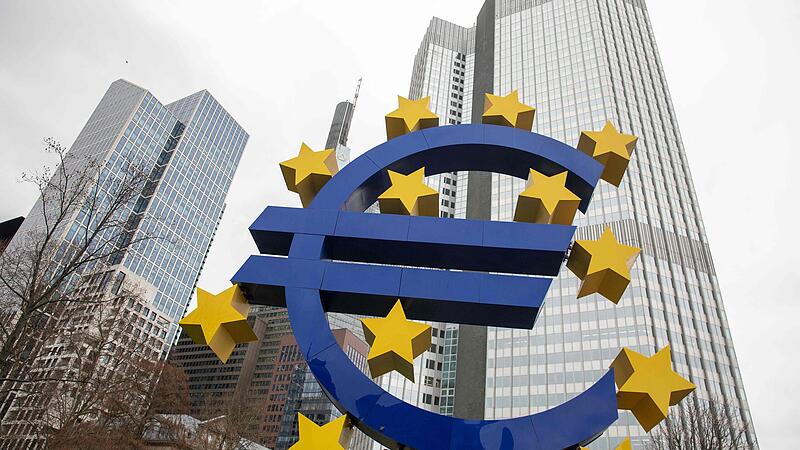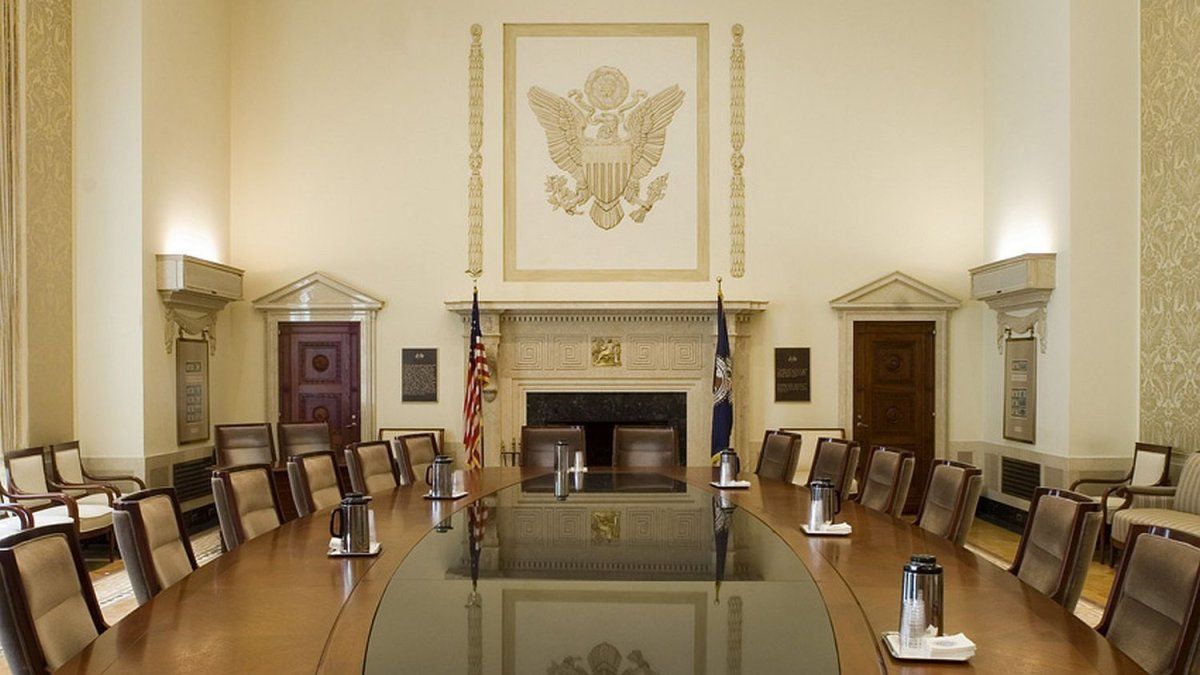For the first time in the history of the central bank, the Governing Council of the European Central Bank (ECB) decided to raise interest rates by 0.75 percentage points. This increases the key interest rate at which commercial banks can borrow fresh money from the ECB to 1.25 percent, as the central bank announced on Thursday in Frankfurt.
Apparently, the fight against inflation is now coming into focus after all – after the hesitant attitude of the past few months. And it could go even higher as the ECB announced further rate hikes. At the current level, they are still well below that of the US Federal Reserve (see chart).
The economic prospects for the euro zone are not good. The economy will slow down significantly, said ECB President Christine Lagarde yesterday after the interest rate meeting in Frankfurt. Stagnation is to be expected later in the year and in the first quarter of 2023.
Many economists now believe it is possible that the economy in the euro area could slip into recession in the autumn due to the ongoing energy crisis as a result of the Ukraine war and the supply chain problems that have not yet been overcome.
ECB economists are slightly more optimistic. For the current year, they expect economic growth of 3.1 percent in the currency area. In June they had forecast 2.8 percent. For next year, they assume an increase in economic output of only 0.9 (June: 2.1) percent. For 2024, they expect gross domestic product (GDP) to increase by 1.9 (June: 2.1) percent. “Very high energy prices are reducing people’s purchasing power,” was the comment on the subdued outlook for the next two years. “In addition, economic activity is still being slowed down by supply bottlenecks, although these are decreasing.” In addition, Russia’s attack on Ukraine in particular is weighing on business and consumer confidence.
No target value for the euro exchange rate
The fact that the euro has lost around twelve percent of its value against the US dollar since the beginning of the year is acknowledged, said Lagarde. One follows the development on the foreign exchange market very closely. “But we’re not targeting an exchange rate,” Lagarde said. The ECB has not done this so far and will not do so in the future either, said the ECB President.
With the weak euro, goods from the euro zone are becoming more attractively priced on the world market. But the weakness of the euro makes imported goods that are billed in dollars more expensive. This is especially true for oil and gas.
The euro came under pressure yesterday despite the significant interest rate hike by the ECB. The shared currency was trading at $0.9964 in the afternoon. Before the central bank decision, it was still above the one dollar mark. The European Central Bank set the reference rate at 1.0009 (Wednesday: 0.9885) dollars. A currency usually benefits from rising interest rates, as this makes it more attractive to investors. However, analysts had expected the move. The euro had already risen before that.
ECB President Lagarde announced further rate hikes in the “next meetings”. However, an increase of 0.75 points is not the norm. However, she did not want to rule out further major interest rate hikes and repeated the statement that the ECB would decide from meeting to meeting and be guided by the data.
skeptical reactions
“As long as the recession feared by many does not become visible in hard economic data, the ECB should concentrate on inflation that is far too high and continue to raise interest rates quickly,” expects Commerzbank chief economist Jörg Krämer. The ECB would probably continue to raise interest rates until early 2023. “But after that, it will probably interrupt the interest rate hike process for maybe a year, because by then at the latest the recession expected by many should be clearly visible in the hard data,” says Krämer.
“The ECB is now afraid that their skins will swim away and they will run into a year-long inflation problem,” said Dekabank chief economist Ulrich Kater.
His colleague from DZ Bank, Michael Holstein, thinks that the sharp rise in interest rates comes too late, because the euro economy is already on the way to recession.
Source: Nachrichten




